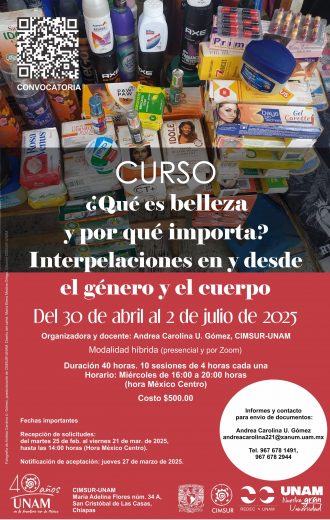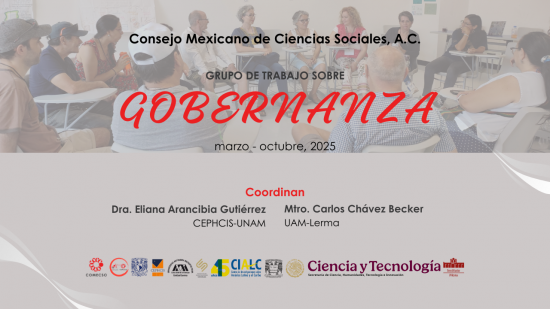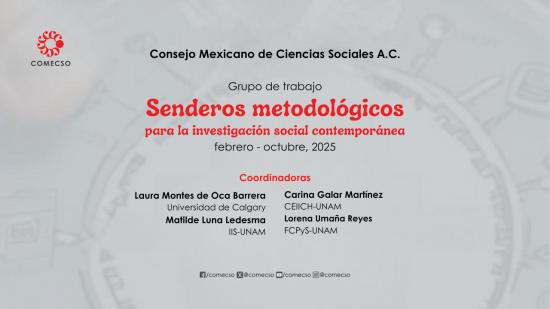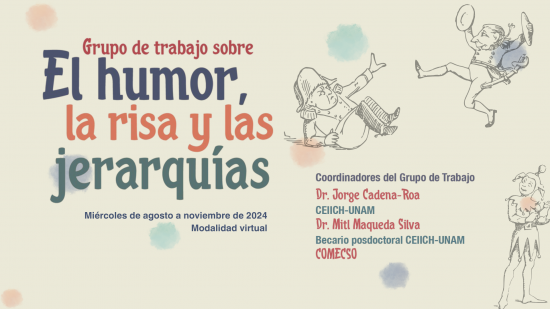Interface volume 10 issues 1 & 2
Interface: a journal for and about social movements
Volume 10 (1-2): 1 – 3 (2018)
In this issue
Working to understand the challenges of developing and maintaining autonomous media, Canadian scholar-activists, Sandra Jeppeson and Kamilla Petrick draw on six focus groups with eighty-nine media activists in their piece, “Toward an intersectional political economy of autonomous media resources”, which looks at how intersectionalism can complement political economy approaches.
This is followed by two pieces on the intersections of art and activism. The first, by Tiffanie Hardbarger and Cindy Maguire, offers “Explorations of an arts- based activism framework: ARTifariti International Art and Human Rights Meeting in Western Sahara.” This piece proposes a framework that bridges Community Cultural Development (CCD) and Socially Engaged Art (SEA). They base this work on ethnographic and practice in the Saharawi Arab Democratic Republic (SADR) refugee camps located near Tindouf, Algeria. Looking at the Italian context, Simone Maddanu’s piece “The theater as a common good: artists, activists and artivists on stage,” uses interviews with political activists and artists and ethnographic observation during and after an occupation of the Teatro Valle, in Rome, an historical national theater. It finds that the artistic struggle for the commons outlasted the occupation itself, transforming praxis, identity and the conception of the political.
In a world riven by climate chaos, it is perhaps unsurprising that this issue includes three different pieces on the climate justice movement. Neil Gunningham “Mobilising civil society: can the climate movement achieve transformational social change?” speaks of the importance of grassroots ‘webs of influence’ in changing behavior and attitudes. There are two empirical investigations of the 2014 Peoples Climate March in New York City – the largest climate change march in human history. A team ethnographic project by Danielle Falzon, Samuel Maron, Robert Wengronowitz, Alex Press, Benjamin Levy, and Jeffrey Juris analysed the 2014 event from multiple angles, arguing that the features of recursivity allowed for the event to be a transformative one.
Lauren Contorno also writes on this event in her piece “Turtles & teamsters revival? Analyzing labor unions’ environmental discourse from the 2014 People’s Climate March.” She sought to better understand the barriers that stop the labour movement from fully engaging in the climate justice movement, and analyses 19 in-depth interviews with labor leaders and rank-and-file members who participated in the march. While she finds that the majority of these labor activists contend that climate change is a result of systemic political-economic arrangements, and mobilize around climate change under the master frame of environmental justice, many others in the labour movement remain wedded to a reformist mitigation.
Three pieces take a historical lens. Mike Aiken analyzes the oral histories of English activists in his piece on the role of emotion, ideology and autobiographical stories in activists’ political trajectories in his piece, “Tales we tell, speaking out loud: understanding motivations of social movement activists through auto-biography and story”. In a different vein, Phil Hedges writes a follow up to his radical history piece in Interface 9/1 on the Campbell House Rent Strike (WHN). This postscript examines the ethics of using hashtags for historical research, focusing on the hashtag #NoCapitulation, created during the 2018 University and College Union strike over cuts to the USS (Universities Superannuation Scheme ) pension for its education workers in the UK. Looking further back in time, Tomás Mac Sheoin continues his terrific series of bibliographies on social movements, offering one on “Rural agitation in Ireland 1710-2010”.
Investigating both a movement, and a country that are rarely analysed in social movement terms, Michael Biguglio and Chistabelle Caruana describe participation in “Joining the Maltese men’s rights movement.”
Interface doesn’t often report on actual experiments – but in “All the protestors fit to count: using geospatial affordances to estimate protest event size,” Austin Choi-Fitzpatrick, Tautvydas Juskauskas and Md. Boby Sabur try using drones to estimate protest size, and discuss the ethical and safety dimensions that unfold. They locate their results within a fascinating review of methods to estimate the size of demonstrations.
Finally, our book review editors Bjarke Skærlund Risager, Sutapa Chattopadhyay, and Dawn Paley have been hard at work to bring us a crunchy selection of ten of the newest books on social movements.
Call for papers volume 11 issue 2 (Nov-Dec 2019)
Te puede interesar

Publicaciones del COMECSO
Roberto Holguín Carrillo - Ene 08, 2025Este espacio reúne la gran mayoría de la producción editorial de nuestra asociación. A lo largo de casi cinco décadas,…

COMECSO felicita al Dr. Gustavo Adolfo Urbina Cortés
comecso - Mar 14, 2025
¿Qué es belleza y por qué importa? Interpelaciones en y desde el género y el cuerpo
Laura Gutiérrez - Mar 14, 2025Universidad Nacional Autónoma de México, Centro de Investigaciones Multidisciplinarias sobre Chiapas y la Frontera Sur, Educación Continua Curso ¿Qué es…

Inteligencia artificial y su impacto en las políticas públicas y la economía Global
Laura Gutiérrez - Mar 14, 2025Inteligencia artificial y su impacto en las políticas públicas y la economía Global Número 137 | Año 38 | Enero-Junio…










